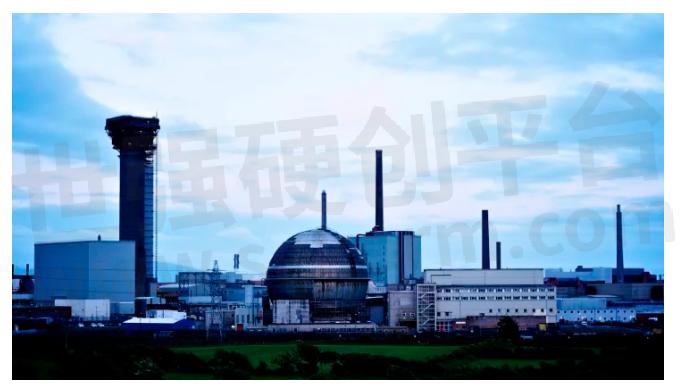Powering Industrial Equipment with Efficient AC-DC Converters

The reliable and efficient operation of industrial equipment relies heavily on the quality of the power supply. To ensure optimal performance, industrial equipment often requires a stable and clean DC voltage that can be generated from the AC mains power supply using an AC-DC converter.
Traditionally, industrial equipment has been powered by bulky and heavy linear power supplies that convert AC to DC using a transformer and rectifier circuit. However, advancements in semiconductor technology have led to the development of more efficient and compact AC-DC Converters that utilize switch-mode power supply (SMPS) topologies.
One of the most common SMPS topologies used in industrial equipment is the flyback converter. This topology is simple, cost-effective, and can provide high power density. It operates by storing energy in the transformer during the switching cycle and then releasing it to the load during the off-cycle. The flyback converter can also provide isolation between the input and output, which is essential for safety and noise suppression in many industrial applications.
Another popular SMPS topology used in industrial equipment is the boost converter. This topology is commonly used when the output voltage needs to be higher than the input voltage. It operates by storing energy in the inductor during the on-cycle and then releasing it to the load during the off-cycle. The boost converter can also be used to provide power factor correction (PFC), which improves the efficiency of the power supply and reduces harmonics in the AC mains.
One of the key advantages of using SMPS topologies in industrial equipment is their high efficiency. Linear power supplies typically have an efficiency of around 50%, while SMPS topologies can achieve efficiency levels of up to 95%. This high efficiency reduces power consumption, which is not only environmentally friendly but also reduces operating costs.

Fig.1
In addition to high efficiency, SMPS topologies also offer other benefits such as compact size, lower weight, and improved reliability. The compact size and lower weight of SMPS topologies make them ideal for applications where space is limited, such as in industrial control cabinets. The improved reliability of SMPS topologies is due to the reduced number of components, which also reduces the chance of component failure.
When selecting an AC-DC converter for industrial equipment, it is important to consider factors such as input voltage range, output voltage and current, efficiency, and reliability. It is also important to consider factors such as safety, EMC compliance, and certification to ensure that the AC-DC converter meets the necessary standards for the industrial application.

Fig.2
In conclusion, the power supply is a critical component of industrial equipment, and the use of efficient AC-DC converters is essential for reliable and optimal equipment performance. The use of SMPS topologies such as the flyback and boost converters offers high efficiency, compact size, lower weight, and improved reliability. When selecting an AC-DC converter, it is important to consider factors such as input voltage range, output voltage and current, efficiency, and reliability, as well as safety, EMC compliance, and certification.
- +1 Like
- Add to Favorites
Recommend
This document is provided by Sekorm Platform for VIP exclusive service. The copyright is owned by Sekorm. Without authorization, any medias, websites or individual are not allowed to reprint. When authorizing the reprint, the link of www.sekorm.com must be indicated.





























































































































































































































































































































































































































































































































































































































































































































































































































